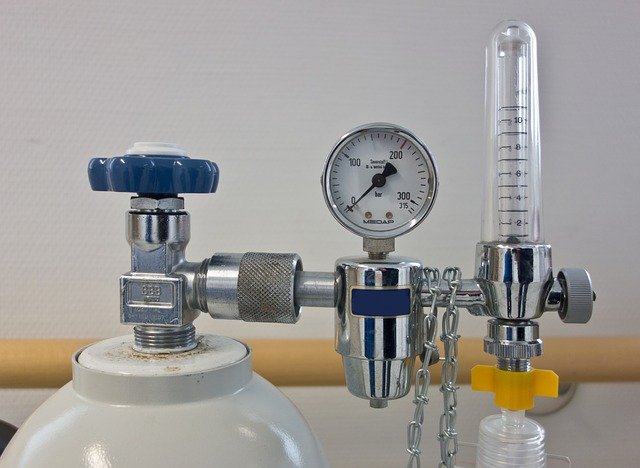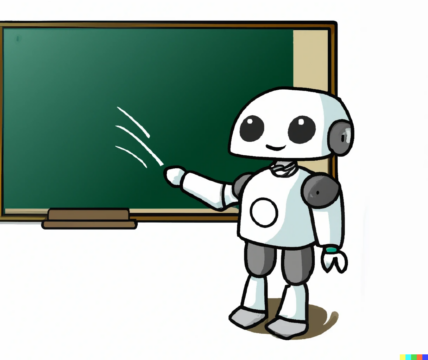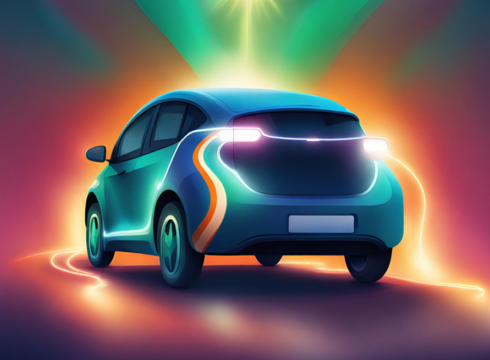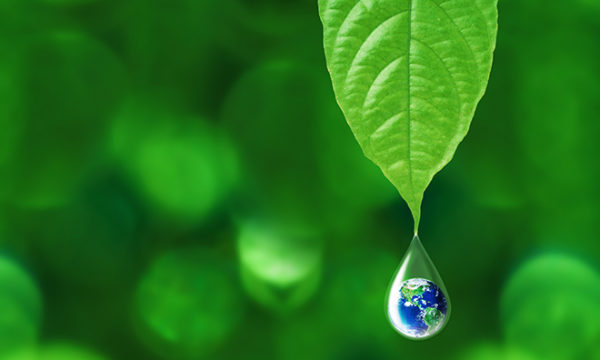India has been buckling under the second wave of COVID-19, attracting much attention from the world. Top global tech leaders such as Microsoft, Google, Amazon, and Apple are pitching in to help India in this hour of crisis.
Big businesses formed the Global Task Force in May, a unified effort for businesses to mobilize and deliver resources to relieve surges of COVID-19 around the globe. The task force was launched to support COVID-19 response amid rising case counts in India and around the globe.
The organization promised 1,000 ventilators, 25,000 oxygen concentrators, as well as human resource assistance, which should be arriving around this week. Their latest list of critical supplies needed in India include infrastructure needs such as building makeshift hospitals and expanding bed capacity, especially in smaller cities. Supplies of oxygen cylinders, vaccines, and COVID-19 testing kits are also on the list.
The Task Force includes names such as Accenture, Amazon, Adobe, Apple, Bank of America, Citibank, Facebook, Goldman Sachs, Microsoft, Nasdaq, Qualcomm, Union Pacific, and VMware.
Let´s take a look at how much they are continuing to do.
Amazon
Of the 1,000 Medtronic ventilators to be delivered to India, Amazon is fully funding the first lot of 100 ventilators. The company is also working with NITI Aayog and the Ministry of Health and Family Welfare (MoHFW) to define the distribution plan for these ventilators. It has also been working with industry partners and NGOs to bring 10,000 oxygen concentrators and BiPAP machines into India
“This is a severely difficult time for all of us in India. It is reassuring to see the business community come together to help the nation. Together with USIBC, we are working with NITI Aayog and MoHFW to identify hospitals in the most urgent need and enable the distribution of these ventilators to help those in need across India,” Amit Agarwal, Global SVP and Country Head, Amazon India, said in an Amazon blog post.
Also, Amazon’s European business committed to deliver US$2.5 million products to India to help support hospital and medical facility capacity.
In April, Sanjay Gupta, Country Head & VP, India, announced INR 135 crore in new funding for India, which is to be given to GiveIndia to provide cash assistance to families hit hardest by the crisis to help with their everyday expenses.
Another grant from Google.org, which is Google’s philanthropic arm, totaling INR 20 crore was promised to UNICEF to help get urgent medical supplies, including oxygen and testing equipment, to where it’s needed most in India.
The contributions also include donations from Google´s ongoing employee giving campaign, where in, more than 900 Googlers have contributed INR 3.7 crore for organizations supporting high-risk and marginalized communities.
Devastated to see the worsening Covid crisis in India. Google & Googlers are providing Rs 135 Crore in funding to @GiveIndia, @UNICEF for medical supplies, orgs supporting high-risk communities, and grants to help spread critical information.https://t.co/OHJ79iEzZH
— Sundar Pichai (@sundarpichai) April 26, 2021
This funding also includes Ad Grant support for public health information campaigns. Since last year, Google has also helped MyGov and the World Health Organization reach out to the public with safety and vaccine messages. This support has now added up to an additional INR 112 crore in Ad Grants to local health authorities and nonprofits for more language coverage options.
Google´s COVID features on Search are available in India, in English and eight Indian languages, Google Maps and Search already surface thousands of vaccine sites, and they are working to add tens of thousands more. They are also working with the Ministry of Health & Family Welfare, and with organizations like the Bill & Melinda Gates Foundation, to support vaccine awareness initiatives.
YouTube is supporting the government in their vaccine communication strategy, and in reducing misinformation. They’ve also added support for public donations for several nongovernmental organizations on Google Pay.
Apple
Apple pledged support for India around the same time as Google and Amazon did. CEO Tim Cook tweeted about donations to ´support and relief efforts on the ground´. But the details of it can´t be found.
Amid a devastating rise of COVID cases in India, our thoughts are with the medical workers, our Apple family and everyone there who is fighting through this awful stage of the pandemic. Apple will be donating to support and relief efforts on the ground.
— Tim Cook (@tim_cook) April 26, 2021
Reports are in that two of Apple´s India manufacturing plants have been hit by Covid-19 infections. South Asian media speculates that pandemic will slow down handset manufacturing production in India, destabilizing consumer demand.
Still, Apple is a part of the Global Task Force, which means they are working towards relief work in India.
Microsoft
Microsoft Philanthropies has been working with nonprofit partners and government organizations leading relief efforts in India to formulate plans in the response.
Microsoft was one of the first partners to enter the Global Task Force, and Microsoft President Brad Smith is serving on the Steering Committee for the group. The tech giant is also working to help lead the Task Force’s CHRO India Action group, sharing ideas and best practices for getting assistance to India-based employees.
To address severe shortage of oxygen in India, the company has joined with other companies to purchase 1,000 much-needed ventilators for hospitals in India. They´re also working with the US-India Strategic Partnership Forum and other companies to provide 25,000 oxygen concentration devices to health care facilities in India.
I am heartbroken by the current situation in India. I’m grateful the U.S. government is mobilizing to help. Microsoft will continue to use its voice, resources, and technology to aid relief efforts, and support the purchase of critical oxygen concentration devices.
— Satya Nadella (@satyanadella) April 26, 2021
Microsoft employees have raised over US$3 million for organizations working on the ground in India, including Oxfam India and UNICEF.
Kate Behncken, VP and Lead of Microsoft Philanthropies said in a post that they´re ensuring every commercial and government organization in India has free access to the full capabilities of Microsoft Teams as they respond to changing conditions on the ground. They´ve also activated the Microsoft Disaster Response Team to provide tech support to efforts combating the outbreak and are in touch with both government agencies and first responders.
“This aid builds on Microsoft Philanthropies’ work over the last year partnering with India’s first responder nonprofits and government organizations to provide humanitarian aid, personal protective equipment (PPE) to protect frontline health workers, high-performance testing equipment including a mobile testing bus, and research support. We are building on this work to help mitigate food insecurity caused by sudden disruption of livelihoods and are continuing to provide medical assistance and PPE,” she said.
Intel
In addition to a US$10 million committed to local communities, Intel pledged US$50 million in a pandemic response technology initiative to combat the coronavirus through accelerating access to technology at the point of patient care, speeding scientific research and ensuring access to online learning for students.
In India, the company is working with the Council of Scientific and Industrial Research and the International Institute of Information Technology, Hyderabad, to deploy Intel client and server solutions to aid in faster and less expensive COVID-19 testing and coronavirus genome sequencing to understand epidemiology.
Intel is also helping in AI-based risk stratification for patients with comorbidities. The company is working with India’s National Association of Software and Service Companies to form an application ecosystem and multi-cloud back end to enable population-scale COVID-19 diagnostics, to predict outbreaks and to improve medical care management and administration.
“The world faces an enormous challenge in fighting COVID-19. Intel is committed to accelerating access to technology that can combat the current pandemic and enable new technology and scientific discovery that better prepares society for future crises. We hope that by sharing our expertise, resources and technology, we can help to accelerate work that saves lives and expands access to critical services around the world during this challenging time,” an Intel blog post quoted Bob Swan, Intel CEO.
Facebook run a worldwide campaign to promote authoritative information about COVID-19 vaccines by helping people find where and when they can get vaccinated, giving US$120 million in ad credits to help health ministries, NGOs and UN agencies to reach billions of people around the world with COVID-19 vaccine and preventive health information.
CEO Mark Zuckerberg announced a plan to help 50 million people get vaccinated. The plan involved launching a tool in Facebook’s Covid Information Center, which shows when and where to get vaccinated, along with a link to make an appointment. He also announced the addition of the Covid Information Center to Instagram, and Facebook’s plan to working with health authorities and governments to expand their WhatsApp chatbots to help people register for vaccines.
In June, Facebook partnered with leaders from the technology, healthcare, global development and academic sectors to form the Alliance for Advancing Health Online. The aim of the new initiative is to advance public understanding of how social media and behavioral sciences can be leveraged to improve the health of communities around the world.
Partners in this Alliance include the Bay Area Global Health Alliance, the CDC Foundation, Facebook, the MIT Initiative on the Digital Economy, Merck, Sabin Vaccine Institute, the Vaccine Confidence Project at the London School of Hygiene and Tropical Medicine, the World Bank and the World Health Organization. Merck and Facebook have each committed US$20 million to this multi-year initiative, which plans to initially focus on addressing vaccine hesitancy and vaccine equity among underserved communities.
Twitter announced added features such as Twitter Advanced Search, Twitter Near You and Latest Tweet to help Indians looking for COVID-19 related information.
If you’d like to see Tweets that are close to your current location, type in a relevant hashtag in the search bar, tap the toggle button on the top right, and turn on ‘Near you’ under ‘Location’. You’ll have to turn on location settings for this to work. pic.twitter.com/BwQENGjduw
— Twitter India (@TwitterIndia) April 23, 2021
In India, the social media giant is working with the Ministry of Health to organize Vaccine Vartha, a weekly expert talk hosted on Twitter that enables vaccine experts to answer citizen questions.
Salesforce
Salesforce Founder Marc Benioff made an announcement to load a Boeing 787 full of medical supplies and landing it in India. The company has announced a US$ 1 million donation to India.
Salesforce is loading a 787 with medical supplies and will land it in India next week. All of our hearts and prayers are with our brothers and sisters in India.???? May they all be protected, healed, & blessed. https://t.co/nU0TmA9hF4
— Marc Benioff (@Benioff) April 29, 2021
With more than 4,000 employees in India, the cloud giant has built a process in Quip and has been using other technology tools to connect potential plasma donors among their employees in India to facilitate these conversations safely and securely.












